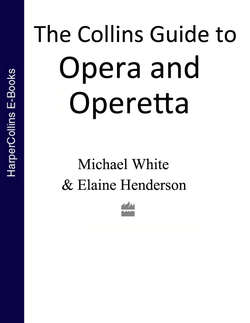Читать книгу The Collins Guide To Opera And Operetta - Michael White - Страница 13
ОглавлениеLudwig van Beethoven
(1770–1827)
Fidelio (1805)
Born in Bonn but living and working in Vienna from his early twenties, Beethoven is one of the towering, pivotal figures of music history, with a massive output (nine symphonies, thirty-two piano sonatas, sixteen string quartets, seven concertos …). His work carried the Classical forms of Haydn and Mozart into the new territory of Romanticism and confirmed the potential of music to speak in spiritual as well as political terms. A radical humanitarian with revolutionary sympathies, he used his work as a public platform for the expression of personal beliefs about society and the individual, and his only opera Fidelio was exactly that: a statement of the power of the human spirit to triumph over tyranny and oppression which stands beside the choral finale of Beethoven’s Ninth Symphony as an anthem to the ideals of universal brotherhood. Other scores express a more autobiographical struggle with human weakness: at the age of thirty he began to realise that he was going deaf, and as his hearing worsened he withdrew into a world of inner turmoil which found a mystical dimension in the late quartets.
